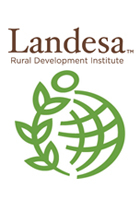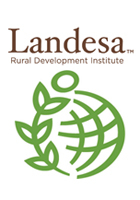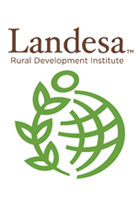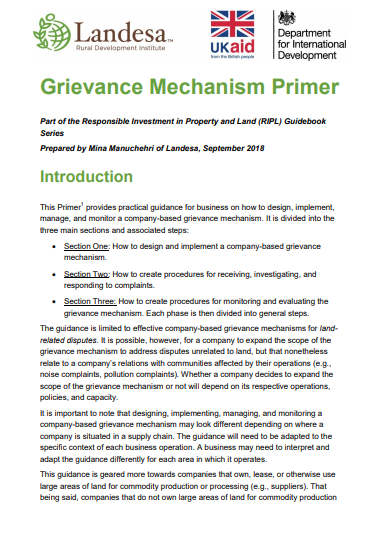About Landesa
Landesa partners with governments and local organizations to ensure that the world’s poorest families have secure rights over the land they till. Founded as the Rural Development Institute, Landesa has helped more than 105 million poor families gain legal control over their land since 1967. When families have secure rights to land, they can invest in their land to sustainably increase their harvests and reap the benefits—improved nutrition, health, and education—for generations.
Resources
Displaying 76 - 80 of 107IMPROVING LAND GOVERNANCE THROUGH COMMUNITY PARTICIPATION
March 2014 – Odisha, a state on the eastern coast of India, has endeavored over the years to enact laws aimed at providing land to those cultivating it and redistributing ownership of land. Landesa designed and piloted a model where a local youth (called a Community Resource Person) – identified by the community – is trained to provide additional capacity to local government land administration officials to identify and provide title to the formerly landless families. This model was subsequently scaled to cover 1,042 villages in seven districts of the state.
LARGE-SCALE FORESTLAND ACQUISITION IN CHINA: FIELD FINDINGS AND RECOMMENDED IMPROVEMENTS
March 2014 – The authors conducted extensive interviews of farmers in twelve villages in southern China, where Stora Enso, a large multinational pulp and paper producer, had acquired large areas of farmers’ forestland rights for its eucalyptus plantations.
SECURING WOMEN'S LAND TENURE IN NORTHERN UGANDA – A WOMEN FIRST APPROACH
March 2014 – This paper discusses a pragmatic, adaptive framework for understanding and taking action to strengthen women’s land tenure security in the context of customary tenure. The Framework defines secure land rights in terms of five elements, which each serves as the basis for distinct, measurable indicators upon which to base project assessment, design, and evaluation. This paper presents the Framework and suggests its potential as an analytical foundation for assessing the security of land rights, for designing projects or developing policies that protect and stren
AN INTRAHOUSEHOLD ANALYSIS OF ACCESS TO AND CONTROL OVER LAND
March 2014 – This paper assesses the extent to which Rwanda’s progressive legal framework has eliminated gender-based discrimination in access and control over land by taking a nuanced look at women’s ability to make land-related decisions and at the factors that affect their decision-making power.









